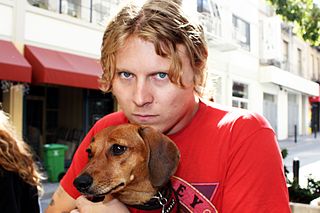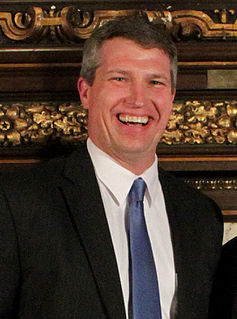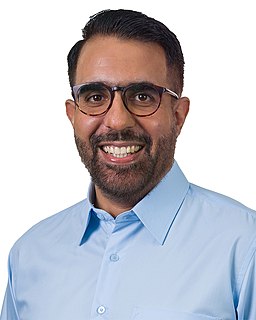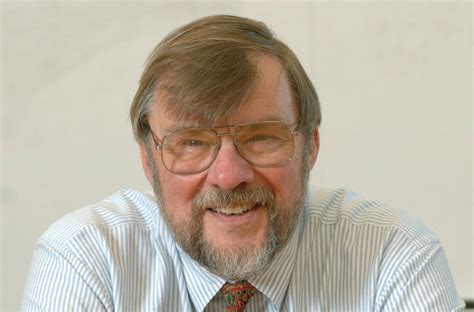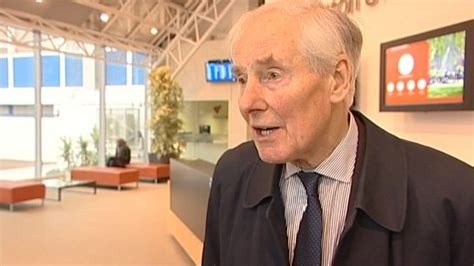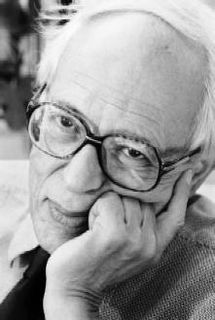A Quote by Friedrich August von Hayek
It is rather a problem of how to secure the best use of resources known to any of the members of society, for ends whose relative importance only those individuals know.
Related Quotes
There are some terrific resources on how to find individual purpose but relative resources on how to discover purpose and apply to an organization. My challenge was to show organizations how they could unlock the purpose of their organizations and put it to good use for employees to apply to their own jobs. The net effect is to help individuals, teams and organizations to optimize performance by understanding how to use purpose for good intention.
The best stories I have heard were pointless, the best books those whose plot I can never remember, the best individuals those whom I never get anywhere with. Though it has been practised on me time and again I never cease to marvel how it happens that with certain individuals whom I know, within a few minutes after greeting them we are embarked on an endless voyage comparable in feeling and trajectory only to the deep middle dream which the practised dreamer slips into like a bone slips into its sockets
The end is what you want, the means is how you get it. Whenever we think about social change, the question of means and ends arises. The man of action views the issue of means and ends in pragmatic and strategic terms. He has no other problem; he thinks only of his actual resources and the possibilities of various choices of action. He asks of ends only whether they are achievable and worth the cost; of means, only whether they will work. ... The real arena is corrupt and bloody.
Since scarcity is the basic economic problem, if it does not exist then there is no reason for my economics course. Devoting time to the study of how people use limited resources to fulfill unlimited wants and needs should help us to discover how to best utilize the resources we have at our disposal.
Hackman's paradox: Groups have natural advantages: they have more resources than individuals; greater diversity of resources; more flexibility in deploying the resources; many opportunities for collective learning; and, the potential for synergy. Yet studies show that their actual performance often is subpar relative to "nominal" groups (i.e. individuals given the same task but their results are pooled.) The two most common reasons: groups are assigned work that is better done by individuals or are structured in ways that cap their full potential.
Corporate governance is concerned with holding the balance between economic and social goals and between individual and communal goals. The governance framework is there to encourage the efficient use of resources and equally to require accountability for the stewardship of those resources. The aim is to align as nearly as possible the interests of individuals, corporations and society.
Actually, the inability of any society to resist immigration, the inability to find other solutions to the problem of employment at the lower, more physical, and menial levels of the economic process, is a serious weakness, and possibly even a fatal one, in any national society. The fully healthy society would find ways to meet those needs out of its own resources.
Any group or "collective," large or small, is only a number of individuals. A group can have no rights other than the rights of its individual members. In a free society, the "rights" of any group are derived from the rights of its members through their voluntary individual choice and contractual agreement, and are merely the application of these individual rights to a specific undertaking... A group, as such, has no rights.
It is the political task of the social scientist — as of any liberal educator — continually to translate personal troubles into public issues, and public issues into the terms of their human meaning for a variety of individuals. It is his task to display in his work — and, as an educator, in his life as well — this kind of sociological imagination. And it is his purpose to cultivate such habits of mind among the men and women who are publicly exposed to him. To secure these ends is to secure reason and individuality, and to make these the predominant values of a democratic society.
Who then would not like to see these benefits flow upon the world from the law, as from an inexhaustible source? But is it possible? Whence does the State draw those resources that it is urged to dispense by way of benefits to individuals? Is it not from the individuals themselves? How, then, can these resources be increased by passing through the hands of a parasitic and voracious intermediary?





